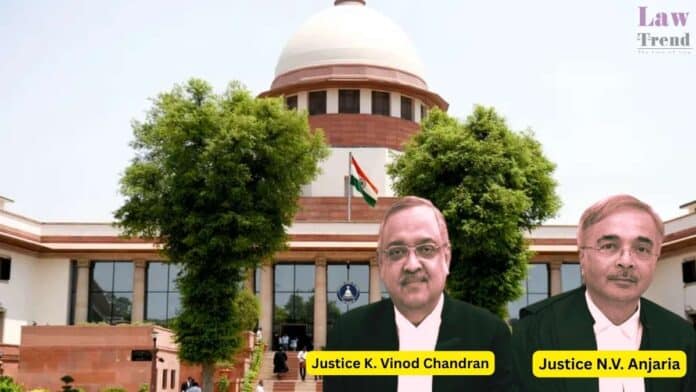The Supreme Court of India, in a significant ruling, has held that the right of a person to claim compensation for injuries sustained in a motor accident survives to their legal representatives upon their death, irrespective of the cause of death. A bench comprising Justice K. Vinod Chandran and Justice N. V. Anjaria set aside
To Read More Please Subscribe to VIP Membership for Unlimited Access to All the Articles, Download Available Copies of Judgments/Order, Acess to Central/State Bare Acts, Advertisement Free Content, Access to More than 4000 Legal Drafts( Readymade Editable Formats of Suits, Petitions, Writs, Legal Notices, Divorce Petitions, 138 Notices, Bail Applications etc.) in Hindi and English.




